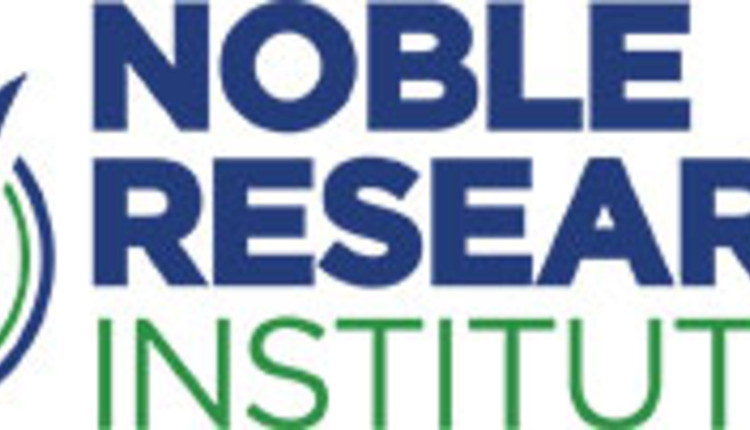This item has been supplied by a forage marketer and has not been edited, verified or endorsed by Hay & Forage Grower.

Effective Monday, Nov. 15, the organization will pause all workshops, seminars and educational programs, as well as consultant farm visits. Noble’s educators, consultants, researchers and support staff will then spend the next five months developing the framework to launch initial components of a new program by fall of 2022.
“Farmers and ranchers operate in an ever-changing world with unstable markets, rapidly increasing fertilizer and input costs, decreasing water availability and changing weather patterns, all while trying to be profitable and good stewards of the land,” said Steve Rhines, Noble’s president and CEO. “We needed to do more across our institution to help producers navigate these challenges. In the next few months, we will develop a learning program to effectively bring knowledge and skills to farmers and ranchers nationwide to address their challenges on their farm or ranch.”
Noble’s new learning programs will serve those farmers and ranchers who are motivated to build successful enterprises that ensure long-term viability for current and successive generations. In addition, the programs will equally support the value these farmers and ranchers hold that each generation has an obligation to leave resources and landscapes better than they found them.
“We are going to create a learning program framed by profitability and stewardship,” Rhines said. “We are going to provide a venue in which people can express creativity, develop mastery over fundamental principles, live purposefully and retain independence.”
In spring 2020, Noble announced its focus on regenerative ranching, specifically targeting the singular goal of regenerative land stewardship in grazing animal production with lasting producer profitability. This goal focuses all of Noble’s people and operations on supporting and guiding farmers and ranchers as they rebuild degraded soil, increase profitability and regenerate 655 million acres of grazing and pastureland.
Following this decision to focus on regenerative ranching, all Noble programs have been examined and redesigned – from how the organization runs its seven ranches to how its researchers ask and answer critical producer-generated questions to contribute to the learning program. Now, Noble will focus on revamping its farmer and rancher learning programs, which have been a part of this agricultural research organization since Lloyd Noble established it in 1945.
“Our learning programs will remain cornerstones of Noble’s commitment to farmers and ranchers. However, they will look and function differently in the future,” Rhines said. “By the time we have completed this process, we will offer programs that reach the farmers and ranchers where they are in their regenerative journey on their specific land. We have 75 years of building relationships in the farming and ranching community and helping our nation’s producers. We want to build and expand on that for the benefit of producers, consumers, rural communities and the land.”
While Noble redesigns its learning services for farmers and ranchers, it will share its transition from conventional management to regenerative management through its website and social media channels. Those interested in regenerative ranching can visit www.noble.org or sign up for a free weekly newsletter, Noble Rancher, at www.noble.org/subscribe.

